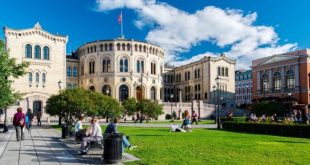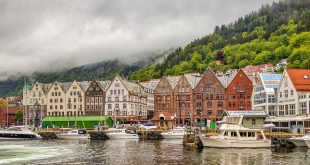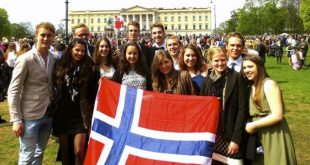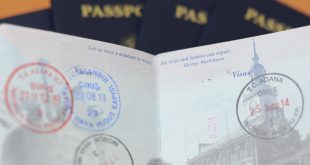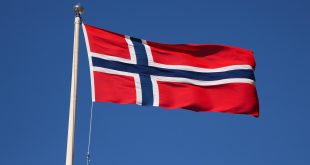Are you wondering if the costs of Studying and Living in Norway is within your budget? Keep reading to know more about this important subject.
Every year, Norway receives thousands of students from all over the world, due to its strong higher education system.
Studying abroad may be very expensive. After discussing a lot of details about how to study in Norway, let’s talk about the costs of studying and living in Norway for a foreign student.
Check our articles about how to enroll at a university in Norway and how to get a student visa in Norway.
Table of Contents
Norway Living Costs for international students
If you are studying in Norway, the costs of studying are not a big deal, unlike the costs of living that might cause you a problem if you were not ready for it.
The costs of living depend on your lifestyle and the city you are living in; they vary from one city to another.
A student would need a monthly budget of around EUR 700-1,300 to cover food and additional activities only.
Here you are a list of the famous student cities in Norway and the costs of living in them, without the cost of accommodation.
- Oslo: EUR 1,100-1,300 monthly
- Tromsø: EUR 1,000-1,100 monthly
- Trondheim: EUR 1,000-1,100 monthly
- Bergen: EUR 950-1,050 monthly
- Other cities: EUR 700-800 monthly
Check our article about the top universities in Norway.
Costs of Student Accommodation
Accommodation in Norway is very pricey. It costs more than the full cost of living per month and the tuition fees of the semester combined.
The cost of accommodation varies according to the type of place and city you are going to stay in.
Students have some options to get accommodation in Norway. These options include: renting an apartment or staying in the student residence halls.
The universities provide the students with residence halls that cost around EUR 550 per month. The other option is to rent an apartment, and its cost depends on the type of apartment you will choose.
For example, in Oslo, the monthly rent can reach from EUR 700 to 1,500, including all the needed utilities.
Check our article about how to get student accommodation in Norway.
The place of residence might also vary depending on whether you want to stay alone or with a few number of colleagues.
It also depends on whether you want to rent in the city center Orin the outskirts.
The rental costs that you can expect in Norway are as the following:
- One-bedroom apartment in the center: EUR 1,000/month
- 1 bedroom in a 3-bedroom apartment in the center: EUR 600/month
- One-bedroom apartment outside the center: EUR 800/month
- 1 bedroom in a 3-bedroom apartment outside the center: EUR 400/month
Transportation
The means of transportation are quite expensive as well, even with the students’ discount (about NOK 442/EUR 46/month).
So, the easiest way to save money is by using a bicycle. When it is cold, and you have to leave your bicycle, you can take a bus.
Some buses have a special ticket that is valid for one hour on all routes, including the tram line.
Furthermore, long-term subscription cards are available too. You can buy them from the transportation service in the city center.
Cost of public transportation: around EUR 55-70/month.
Food
Students in Norway usually need EUR 200-300 per month for food. You can reduce this cost if you bought the groceries and cooked at home.
On the other hand, this cost could be higher if you did not watch your expenses.
Cost of studying, books and study materials
In Norway, most public universities don’t charge any tuition fees, even for foreign students. You can apply for a Bachelor, Master or PhD degree, tuition-free. As a result, you only have to pay between 30 and 60 EUR per semester to cover your student union fee and access to health services and sport facilities.
For international students, living expenses in Norway might be a little higher than in the rest of Europe. That’s why you can always turn to a part-time job while studying. Students from the European Union usually do not need any permission. But if you are from a non-European country, make sure to apply for a work permit.




 Aljawaz Your guide to study abroad
Aljawaz Your guide to study abroad


